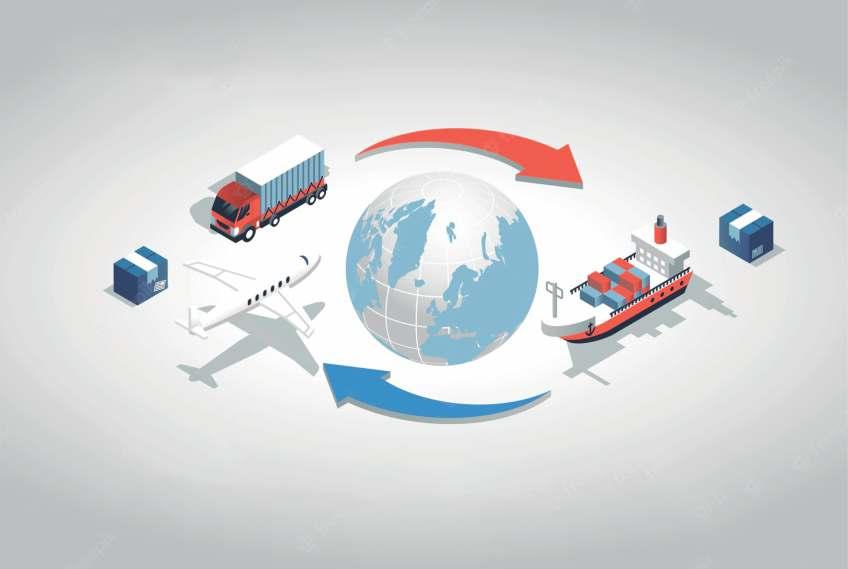
2 minute read
“The Global nature of Trade will prevail,” says MSC CEO
GENEVA : Speaking for the first time at this year’s Transpacific Maritime Conference known as TPM23, MSC CEO Soren Toft gave a detailed overview of the company’s continued growth, expectations for economic recovery, and efforts to realizesustainableshipping.
Taking place in Long Beach, California, the annual TPM conference is one of the largest and most consequential events for the supply chain and logistics industry. It was the first full-scale physical-only gatheringforTPMsincetheCOVIDoutbreak.
Advertisement
“The world has seen through the supply chain crunch just how important the logistics and shipping industry really is – we keep global trade moving,” Soren said in an interview with the Journal of Commerce’s Peter Tirschwell. “It has really displayed the fundamental role that we have, and customers are now thinking about how to make their supply chain as resilientforthefuture.”
On the back of the pandemic – which Tirschwell declaredtobe“over”asheopenedthisyear’seventtoa record 3500 participants – supply chains and the freight market have normalized and the global economy shouldseesomeimprovementsinthesecondhalfofthe year,accordingtoSoren.
Container shipping will serve as the bedrock for the growth of international trade and commerce, and “global trade will prevail” despite the disruptions of COVID and geopolitical factors, Soren remarked. “The world will continue to be globalized, but with a moredistributedsupplychain,”hesaid.
MSC has invested significantly in renewing its fleet in recent years and will keep on injecting billions of dollars to ensure it can continue to be a long-term partner for customers, Soren said. As “first and foremost” a shipping company, MSC prefers to operate its own ships and will likely see the proportion of chartered tonnage in its fleet decline in the coming months, as well as sending some older shipstoberecycled.
Overall, the impact of improving the operational efficiency of the fleet to comply with the UN IMO’s Carbon Intensity Indicator (CII) may absorb 7-10 percent of the world’s container shipping fleet capacity,hesaid.
When asked about the company’s future plans, Soren acknowledged that MSC’s desire to serve the wholemarketdiffersfromthestatedstrategyofsome other carriers. “We define ourselves on what the customer wants, not on what we want to offer,” he said. The company remains committed to long-term partnerships, and investments that look far into the future, he added, declining to disclose specific details ofthecompany’sstrategy.
“We are a family company, so we think really long term,” Soren remarked. “For us, it is about how we can build the next 53 years of history and not just the next quarter.” This means realizing investments that will ensure the company’s growth, enhancing the fleet and developing productive container terminals. Where customers seek digital solutions, or services via rail, barge, truck and air, MSC can also deliver these,dependingonthecustomer’sneed.
The interview also focused on the urgent task of achieving decarbon-ization across the supply chain. As the world’s largest ocean carrier, MSC endeavours to be a steward of the world’s oceans and to this end has invested substantially in cutting-edge technologies and digital applications to improve energy efficiency. It has also pioneered the use of responsibly sourced blended biofuels and will soon start using liquefied natural gas (LNG) as part of the transition towards net decarbonizationby2050.
Soren lamented the lack of a global carbon price or global research and development (R&D) fund that would have incentivized companies to develop green solutions. He also called on energy companies that are in the process of producing viable alternative green fuels to accelerate the transition and called for further cross-industrycollaborationtoachievethis.
MSC is looking at a multi-pronged approach, deploying several types of net-zero energy sources such as synthetic LNG, green methanol and ammonia, to propel the MSC fleet of the future when these fuels become available at scale. Whatever the solution, a net zero future will add costs to the supply chain and these costs will ultimately be passed on to the consumer, he pointedout.
“Decarbonization is something that we must solve," he said. “This is not something that we maybe should fix, this is something that we absolutely must fix, and I’msurewewill.”





